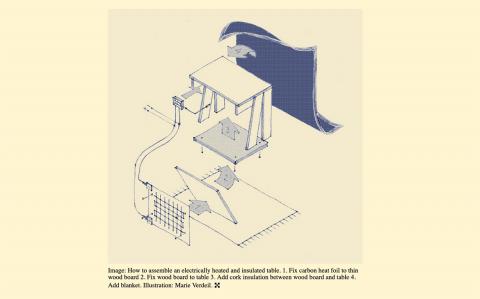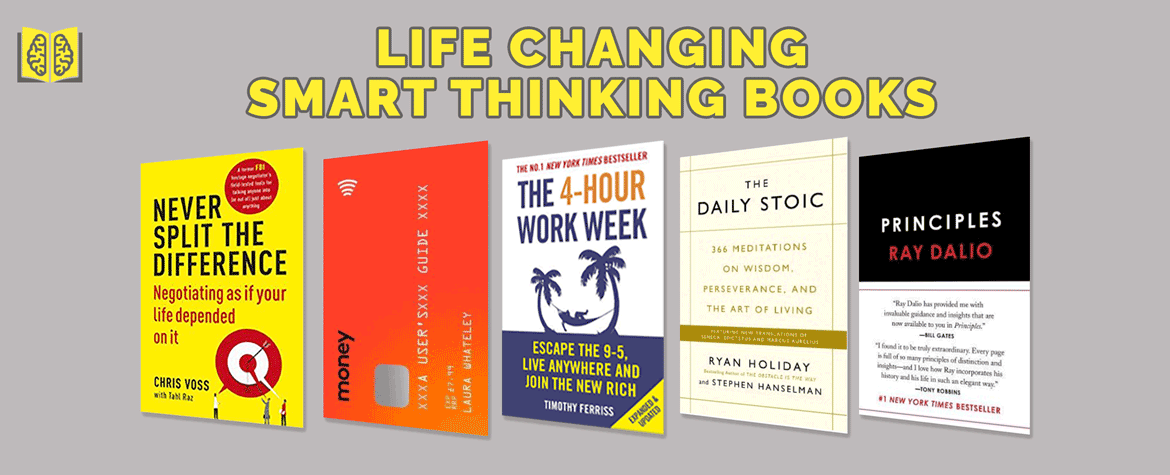Climate Adaptation Capability Framework
Adaptation Scotland published an updated Climate Adaptation Capability Framework handbook and starter pack, aimed and helping Scotland's public sector to identify and action climate adaptation. It provides an easy to understand framework that can be used by any organisation.












